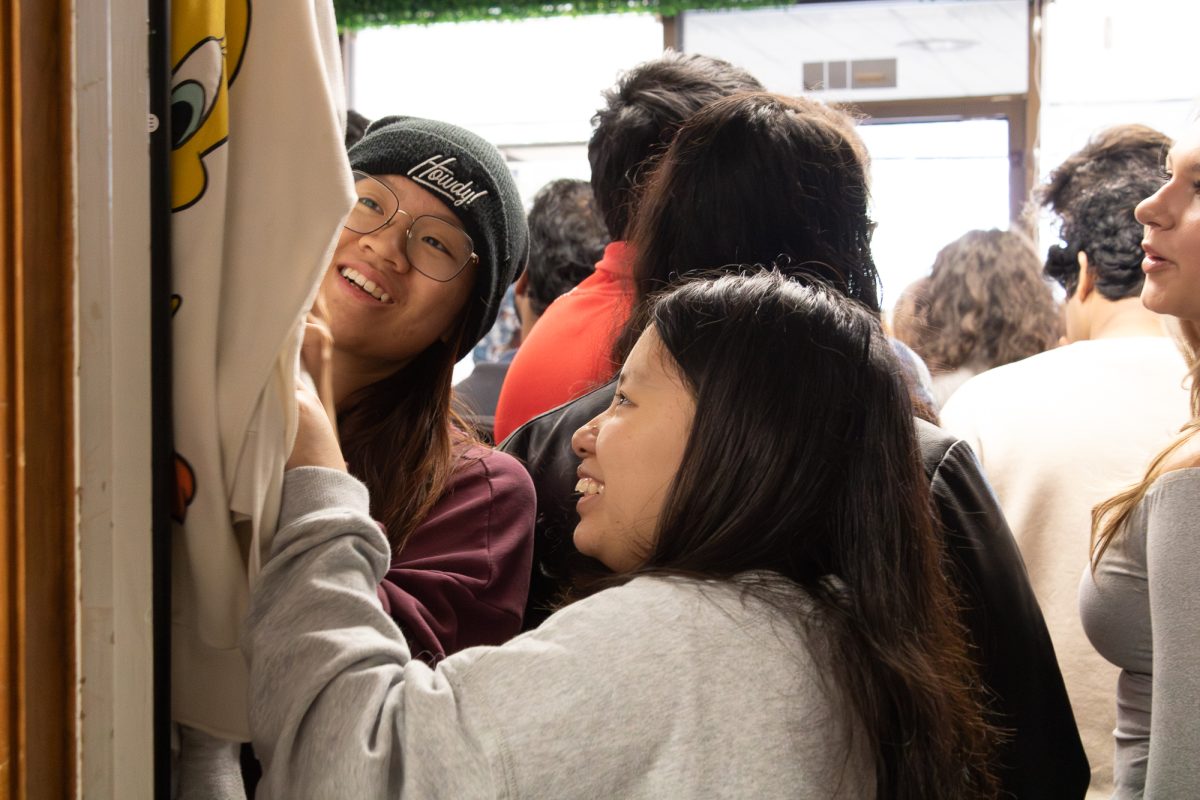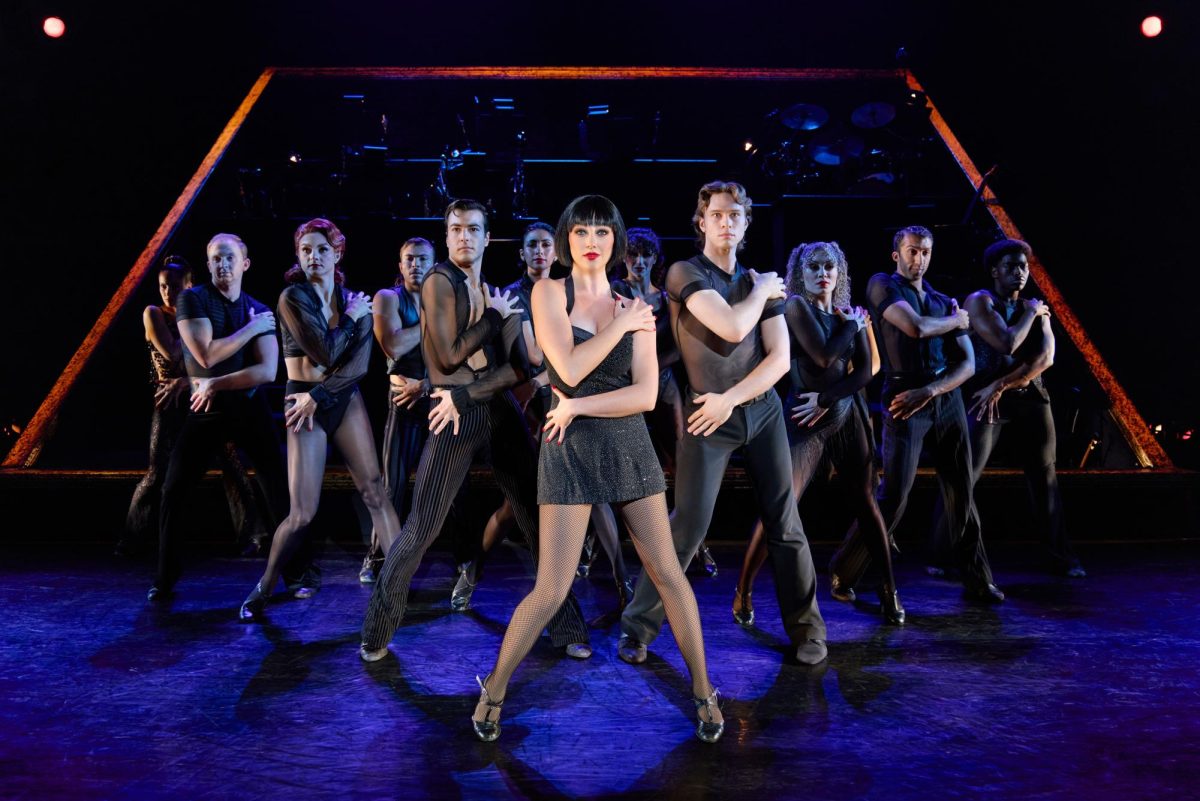When it comes to classical music, Wolfgang Mozart is synonymous with it. With all its subtleties and warm echoes of his volatile spirit, the music of Mozart remains a magnet for music lovers today. While the bulk of Mozart’s music continues to be explored, the unsung story of his prodigious elder sister, Nannerl Mozart, remains out of the spotlight, with the bulk of her brilliant musical talents collecting dust offstage. Sylvia Milo’s award-winning play, “The Other Mozart,” hopes to change that tune and bring the forgotten Mozart back on the stage, where she always belonged.
At Rudder Theatre on Thursday, Oct. 13, “The Other Mozart” recounts the story of Nannerl Mozart, whose musical brilliance was finetuned out of musical greatness due to insurmountable societal influences.
The Opera Performing Arts Society , or OPAS, describes “The Other Mozart” as a “multi-sensual experience that transports the audience into a world of outsized beauty and delight” with the “opulent beauty of the dress and hair design, the sweet smell of perfume and the clouds of dusting powder rising from the stage.”
According to OPAS publicist Craig Boleman, “The Other Mozart” is the true, untold story of Nannerl Mozart, the sister of the legendary Mozart.
“A prodigy keyboard virtuoso and composer in her own right, Nannerl performed throughout Europe with her brother to equal acclaim, but her work and her story faded away, lost to history,” Boleman said. “This one-woman drama is based on facts, stories and lines pulled directly from the Mozart family’s humorous and heartbreaking letters. Now is the time for the other Mozart to tell her story.”
Based on a New York Times and a Guardian article, Nannerl and Wolfgang Mozart started as a dynamic duo, touring together as young prodigies throughout Europe, striking all the right notes, and taking city to city by a musical storm. With a sibling rivalry playing out over crescendos and fortissimos, the eldest Mozart sister was weighed increasingly down over time – and not just by the voluptuous-skirted dress worn under panniers. It is clear that back in the eighteenth century, society was the Simon Cowell of judges, gender being a cruel determiner of artistic merit and genius.
According to OPAS Executive Director Anne Black, after seeing “The Other Mozart” a few years ago, the awakening of Nannerl’s musical virtuosity and ambition on stage was a story worth sharing.
“This was actually rescheduled from Season 48 due to COVID[-19],” Black said. “However, after seeing it in New York several years ago, we felt strongly about getting it back on the schedule for Season 50.”
An artist is an artist, regardless of gender roles. Sadly, this wasn’t always the societal consensus. As revolutions in music, works, and philanthropy started to unfold, gender was often used as a tool to take notice of some talents more so than others. Milo’s “The Other Mozart” is a highly-regarded work that plucks out one such silent story, forcing us to rethink fame’s nature and which stories we choose to keep around.
Wolfgang Mozart himself once said, “be silent, if you choose; but when it is necessary, speak – and speak in such a way that people will remember it.” Although one Mozart sibling was regarded as a maestro of classical music notes while the other’s was lost among the scales, Nannerl Mozart’s ambitions and passions make it clear that she had an important story to share.
“I think as women are more and more recognized as equals, this is a valuable glimpse into how very far we have come,” Black said. “We will never know whether her career would have eclipsed that of her brother, but it is important to note her very significant talent.”










